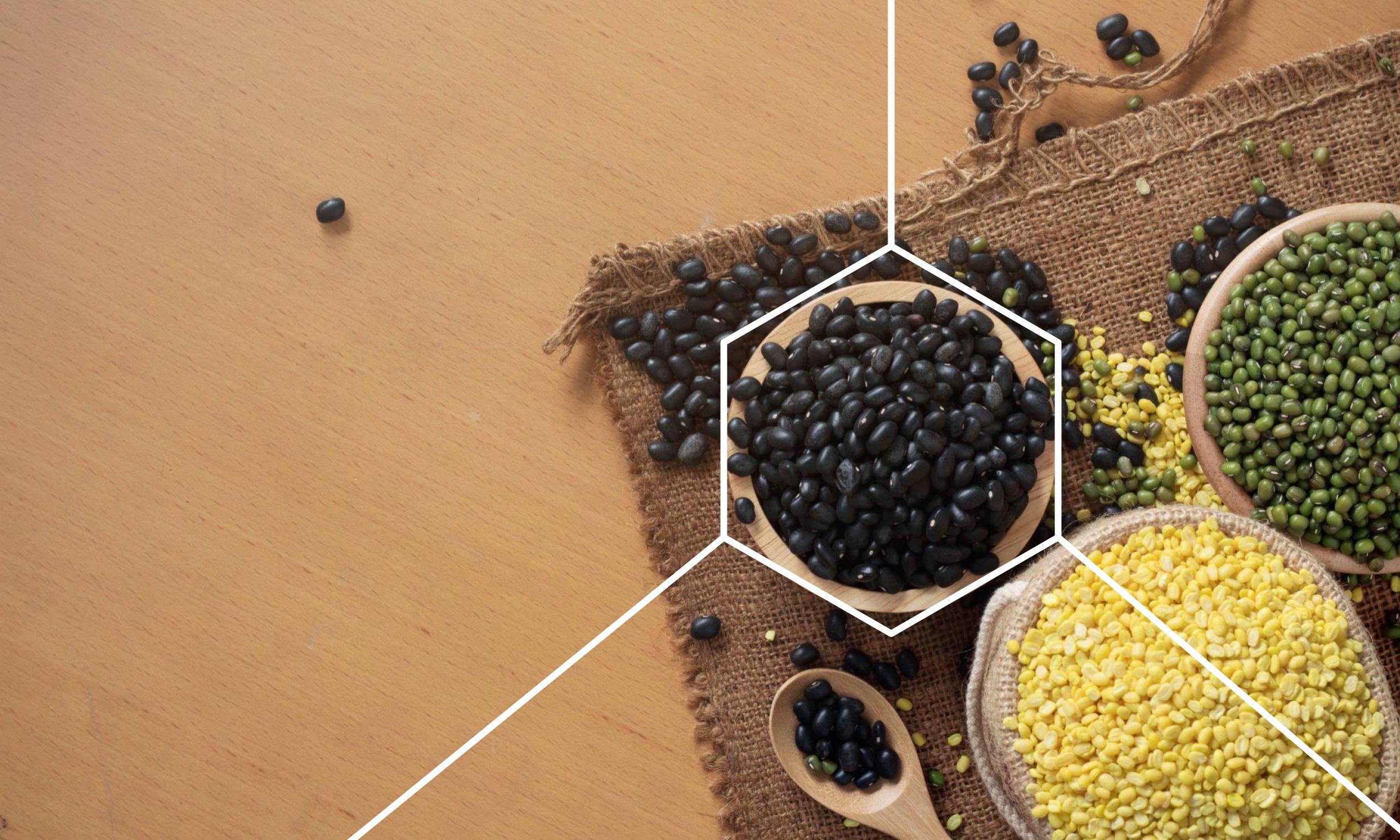
Bloating is a widespread occurrence in most people. Bloating is when your stomach feels swollen and large after eating, it can be caused by gas or other digestive issues you have going on. Some people have bloating caused by more severe health conditions, but commonly bloating is just associated with something you ate in your diet.
What Causes Bloating in the Stomach?
We have all felt bloated a time or two, the feeling that you are too full and about to pop. Bloating can be caused by overeating, retaining water, something you ate, or even a health condition.
While some people associate bloating with having gas, typically, this is only related to a health condition such as irritable bowel syndrome, acid reflux, and hemorrhoids.
What Foods Cause Bloating?
Several common foods cause bloating in most people. These can include beans, lentils, carbonated drinks, wheat, cruciferous vegetables, onions, barley, rye, dairy products, apples, garlic, beer, and sugar-filled alcohol. If you are having trouble with your stomach feeling bloated at times, chances are one of these foods mentioned above is the reason why. There is no reason to avoid these foods altogether; just find those that do not affect you as severely as the others.
Fruits That Cause Bloating
There are a few fruits that can cause bloating in some people. These can include apples and pears. Fruits containing a high amount of fiber, vitamins, and antioxidants cause bloating and digestive issues.
This is because they contain a high level of fruit sugar or fructose that many people have difficulty digesting. Some people find that cooking apples and pears make them easier to digest, while others just eliminate them out of their diet altogether.
If you have trouble with apples and pears, there are other fruits you can eat. These can include other berries such as strawberries, blueberries, blackberries, citrus fruits such as grapefruit and oranges, bananas, grapes, and cantaloupe. These fruits tend to prevent gas and digestive issues.
How to Reduce Bloating From Vegetables?
It is commonly known that vegetables can cause bloating, especially vegetables high in fiber and cruciferous greens. This can include broccoli and kale. Sometimes onions, garlic, and asparagus can cause issues.
If you are experiencing bloating from vegetables, you may want to try eating them cooked instead of raw. You can try cooking them with olive or coconut oil. If you regularly feel bloated after eating vegetables, try cooking with spices and flavored oils to keep the taste and decrease your bloating.
How Long Does Bloating Last?
We all know that uncomfortable feeling of feeling bloated and miserable but, how long will your symptoms last? Bloating can last a few hours and will go away on its own. If you notice the feeling is sticking around for days or weeks at a time, it is time to see a doctor.
What are Non-Bloating Foods?
If you tend to get bloated quickly, you may be looking for some foods you can eat that will not seem to make you feel full and miserable. If you tend to drink carbonated drinks, you can drink plain or flavored water, fresh fruit juice, hot or cold tea, or even seltzer water.
Alternatives for wheat can include pure oats, buckwheat, wild rice, almond, coconut flour, and quinoa. Some vegetables you can easily digest are spinach, zucchini, sweet potatoes, carrots, ginger, and celery. Dairy is a huge culprit for bloating in so many individuals; if you are included, try lactose-free milk, soy milk, rice milk, almond milk, or flax milk. You can also purchase lactose-free ice cream and cheeses.
What Relieves Bloating Fast?
A few at-home remedies you may want to try to alleviate the bloating process. Going for a walk can get the bowels moving and help release extra gas. Yoga poses are also a great way to position the muscles in the abdomen and encourage gas release.
If these are not helping, you can try peppermint capsules, gas relief medicine over the counter, an abdominal massage, or even a warm bath.
How to Get Rid of a Bloated Stomach in 24 Hours
If you are hoping to ease symptoms of your bloated stomach in 24 hours, you can try some of the fast remedies we mentioned above. You could also drink water only or try some ginger tea. If you are still feeling bloating, you can try a belly bloat detox.
Bloated Stomach Remedies
When you are bloated, you are often looking for quick and easy ways to feel better fast. But, what if those quick ways are not helping? You might need to look into a more long-term approach to help you. Some of these can include lifestyle changes. Some changes are easy to make, such as not chewing gum, eating slowly, and avoiding drinking with a straw. Other changes may be harder on some people. You can cut back your carbonated drink intake, limit the foods that cause you gas, switch to dairy-free foods and drinks, and try probiotics. If you are still experiencing bloating and gas despite making changes, it could be time to see your primary care doctor, get some prescription medicine, and see what your doctor thinks.
What to Eat When Bloated and Gassy
When you are bloated and gassy, chances are you do not want anything else to eat and drink. If the symptoms are continuing for days at a time, you can not avoid eating altogether. You can try a few foods when you feel bloated, including avocados, cucumber, yogurt, berries, and celery. Meals to eat when bloated can include meals high in fiber, and try a bowl of citrus fruit; you can wash your meal down with a tall glass of water. If you are looking for something to drink besides water, you can try some green tea or peppermint tea. Ginger can also be good for you if you are feeling gassy.







